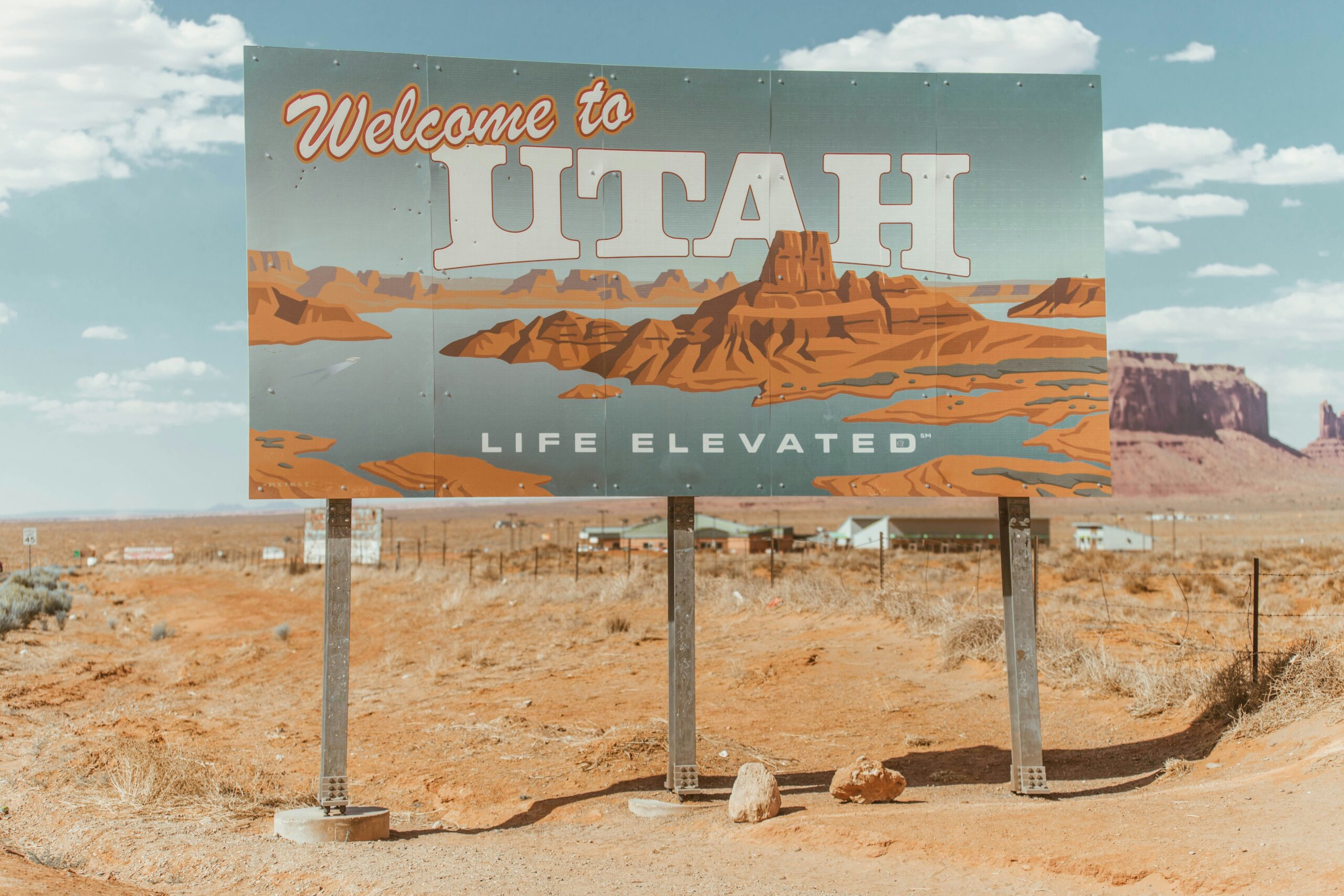In 2024, Utah lawmakers unanimously passed Senate Bill 150—known as the Exercise of Religion Amendments—to establish a state-level Religious Freedom Restoration Act (“RFRA”). The legislation aimed to strengthen their constituents’ ability to challenge government actions that burden their religious beliefs or practices. What lawmakers likely didn’t anticipate, however, was that just eight (8) months later, the law would be invoked in a case seeking to protect a religious group’s sacramental use of psilocybin from government interference. In a predominantly conservative state, the case has drawn national attention, leaving industry stakeholders and legal observers alike watching closely to see whether it could redefine the landscape for religious use of psychedelics across the country.
Singularism v. Utah County, et al.
Singularism, a “nondogmatic, spirituality-based religion,” was founded in November 2023 by Bridger Lee Jensen, a lifelong resident of Provo, Utah. As part of its core spiritual practices, Singularism uses psilocybin as a sacrament to facilitate encounters with the Divine. Upon establishing the religion, Jensen proactively informed both Utah County and the City of Provo of Singularism’s sacramental use of psychedelic mushrooms and invited local officials to visit the newly opened spiritual center to address any questions or concerns. No objections or follow-ups were made by either the city or county at the time.
Nearly a year later, however, Provo City officers executed a search warrant at the Singularism center, seizing its psilocybin mushrooms along with sacred texts and scriptures. In response, Singularism filed a lawsuit invoking both constitutional protections and Utah’s newly enacted Religious Freedom Restoration Act (RFRA) to shield its religious practices from government interference.
In December 2024, a federal court held an emergency hearing to determine whether a temporary restraining order (“TRO”) should be issued to prevent further action by local authorities. District Judge Jill N. Parrish, following long-standing legal precedent, focused on evaluating the “sincerity” and “religious nature” of the group’s beliefs—rather than the truth or validity of its theology.
Rather than engage in settlement discussions as encouraged by the court, local officials responded with a series of aggressive and retaliatory filings. In light of this conduct, Judge Parrish converted the TRO into a preliminary injunction, preserving Singularism’s right to practice its religion while litigation proceeds. In her opinion, the court found little merit in the government’s portrayal of the group, stating: “From all the evidence in the record, the court is hard-pressed to find, as Defendants urge, that Singularism is essentially a drug-dealing business cloaked in a minister’s robe.” Accordingly, she ordered the return of all psilocybin mushrooms seized during the November 2024 raid.
Judge Parrish further underscored the irony of the state’s posture, writing: “Perhaps it is ironic then that not long after enacting its RFRA to provide special protections for religious exercise, the State of Utah should so vigorously deploy its resources, particularly the coercive power of its criminal-justice system, to harass and shut down a new religion it finds offensive—practically without any evidence that that religion’s practices have imposed any harms on its own practitioners or anyone else.”
Conclusion
The Singularism case may prove to be a pivotal moment in the evolving legal landscape surrounding the religious use of psychedelics in the United States. What began as a seemingly symbolic expansion of religious protections through Utah’s RFRA has now become the very foundation for challenging entrenched government resistance to emerging spiritual practices. Judge Parrish’s opinion not only underscores the importance of safeguarding sincere religious expression—even when it falls outside mainstream traditions—but also raises broader questions about how state and local governments will reconcile new religious movements with long-standing drug policy frameworks.
As this case proceeds, it could set powerful precedent for how courts evaluate sincerity, harm, and constitutional protections in the context of psychedelic sacraments. No matter the outcome, the Singularism case signals a growing intersection between spirituality, science, and civil liberties—one that may ultimately reshape how our society defines and defends the sacred in the 21st century.

